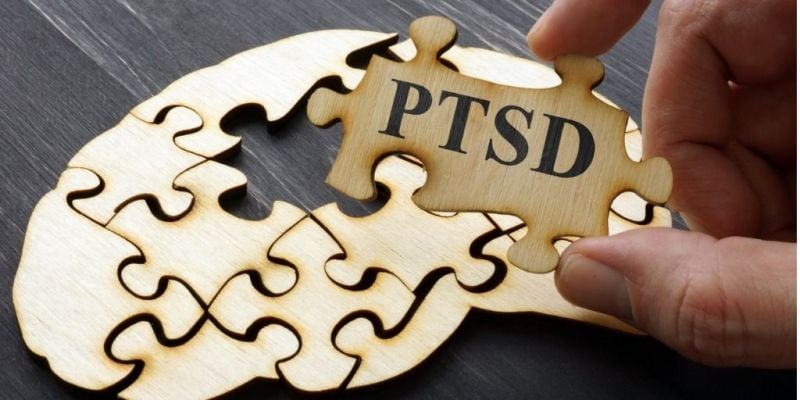Why Emotional Healing Matters
June 11, 2020
Categories
Understanding emotions from a holistic perspective can help us better cope during difficult times
People are feeling fear and worry over the pandemic that has killed more than 100,000 Americans and left more than 40 million unemployed. Many of us are praying for peace as injustice persists and protests turn violent.
In times of turmoil like these, it is normal to feel anxious, as no one can say with any certainty what will come next. It’s natural to want to check the news or social media feeds to see what is going on. But this can become a problem when our bodies’ fight-or-flight impulse is triggered repeatedly.
According to ongoing research from LeanIn.Org and SurveyMonkey, women are facing a heavier workload and are feeling more anxious than men during the pandemic. The survey finds women are more than twice as likely as men to experience physical symptoms of severe anxiety, such as a racing heartbeat. More than half of women report sleep issues, compared to about a third of men.
We cannot control all the turmoil that is going on around us, but there are things we can do to protect our emotional health. This starts with understanding how our emotions — both the ones we are experiencing in the present moment and the ones that echo from the past — can affect our mental and physical health, and doing what we can to improve our emotional health.
Being emotionally healthy doesn’t mean you’re always happy. What it does mean is that you take steps to be aware of your emotions so that you are able to deal with them. You might feel angry, stressed out, or sad from time to time, but you know how to manage these feelings and recognize when you might need a little help sorting them out. Here are some pointers to help:
Practice Being Mindful — Research indicates that being mindful may help you be less emotionally reactive and get more satisfaction out of your relationships. Mindfulness may be as simple as putting down your phone when you’re around family and friends, taking a break from social media, or focusing mentally on the task at hand instead of thinking about past or upcoming events and worries. Mindfulness is an essential part of emotional healing.
Express Your Feelings — Keeping sadness, anger, or worry inside can really stress you out. Let people know when something is bothering you. Find someone to talk to when you need to vent. Be mindful of how you do it, but letting your feelings out in appropriate ways — like an honest but tactful conversation — can go a long way toward emotional healing.
Stay Socially Connected — Isolating yourself could make emotional healing more difficult. Everyone needs alone time, but when you’re consistently isolated, it could make you more prone to feeling depressed or stressed. Be sure you stay emotionally connected to people in meaningful ways (beyond scrolling through social media). Say hi to strangers, schedule lunch with a friend, shoot the breeze with coworkers, and — of course — call your mom. Even at times when it’s not possible to be together in person, use technology and good old-fashioned phone calls to connect with people and have real conversations.
Get Enough Sleep — You might have noticed that when you’re tired, you tend to be cranky. You might react more quickly and severely to others, or feel a little down when you’re not getting enough sleep. If you’ve ever noticed this, science can back you up. A 2018 study found that sleep deprivation may make people more prone to negative, repetitive thinking. You might also be more prone to stress and anxiousness when you’re sleepy.
Practice Emotional Energy Healing — The Emotion Code® can help you with emotional healing by resolving negative energies from the past that could be trapped inside you. Trapped Emotions are literal, physical energies that may become lodged in any part of the body, and they could lead to emotional and physical distress. In a few simple steps, you could regularly clear out those energies and work toward emotional healing.
Live a Balanced Life — Finding a balance between work and play is important for emotional healing. You probably love the feeling of contributing to your work and career, but you also need to play and let off steam. Don’t let your job or any other pursuit take over your life. Make time to do whatever it is that brings you joy and recharges you.
If you’re healthy emotionally, you’ll likely have better control over your feelings, thoughts and actions, which can help you in your career and relationships. Practicing emotional healing and taking care of your emotional health is a great way to ensure you can bounce back when things go wrong.
By Dr. Bradley Nelson





